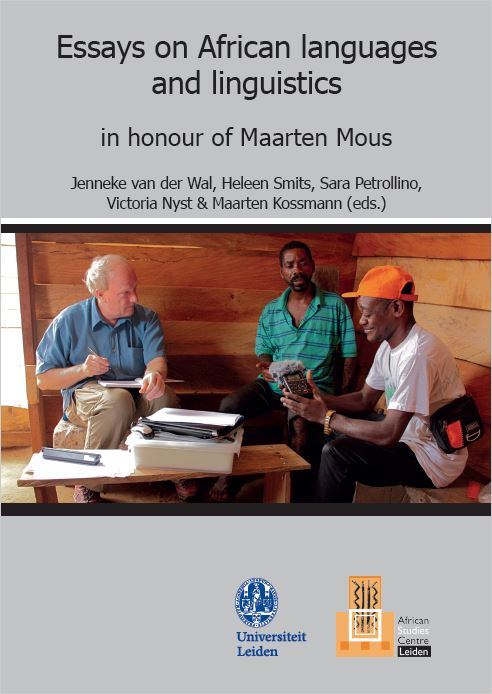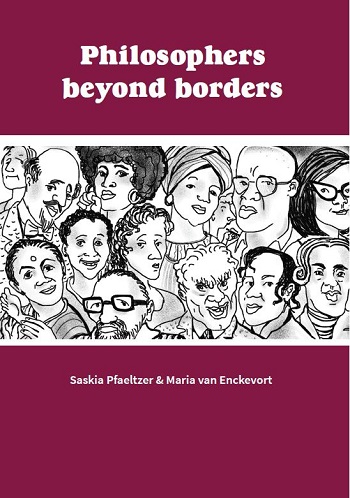New publications
New publications by ASCL staff and affiliates, and new books in our series, are frequently highlighted on this website. You may also use this RSS feed to keep informed. All recently added publications can be found in our database.
 This book celebrates Maarten Mous, Professor of African Linguistics at Leiden University. For many people working in the field of African linguistics (and beyond), Maarten has been a teacher, an engaged colleague, and an inspiration. On the occasion of his 65th birthday, the present volume offers essays written by his former and current PhD candidates. It contains 25 articles and presents a variety of disciplinary and regional approaches to African linguistics, reflecting Maarten Mous’ broad scope of interest in the field.
This book celebrates Maarten Mous, Professor of African Linguistics at Leiden University. For many people working in the field of African linguistics (and beyond), Maarten has been a teacher, an engaged colleague, and an inspiration. On the occasion of his 65th birthday, the present volume offers essays written by his former and current PhD candidates. It contains 25 articles and presents a variety of disciplinary and regional approaches to African linguistics, reflecting Maarten Mous’ broad scope of interest in the field.
 Philosophers beyond borders, published by the ASCL and made by Saskia Pfaeltzer and Maria van Enckevort, celebrates an array of philosophers hailing from Africa and the African diaspora, South America, South Asia, the Caribbean, and beyond. The diverse collection spans the ages, including philosophers such as Anton Wilhelm Amo, W.E.B. Du Bois and Frantz Fanon, as well as those alive and still teaching: Gayatri Spivak, bell hooks and Achille Mbembe. Succinct biographies are accompanied by characterful black and white portraits of each individual philosopher. Adriaan van Dis about the book: 'An inspiring introduction that makes your world bigger and frees you from the stuffy western – and sometimes overly white – thinking'.
Philosophers beyond borders, published by the ASCL and made by Saskia Pfaeltzer and Maria van Enckevort, celebrates an array of philosophers hailing from Africa and the African diaspora, South America, South Asia, the Caribbean, and beyond. The diverse collection spans the ages, including philosophers such as Anton Wilhelm Amo, W.E.B. Du Bois and Frantz Fanon, as well as those alive and still teaching: Gayatri Spivak, bell hooks and Achille Mbembe. Succinct biographies are accompanied by characterful black and white portraits of each individual philosopher. Adriaan van Dis about the book: 'An inspiring introduction that makes your world bigger and frees you from the stuffy western – and sometimes overly white – thinking'.

